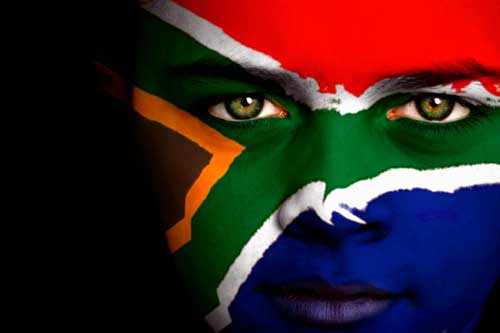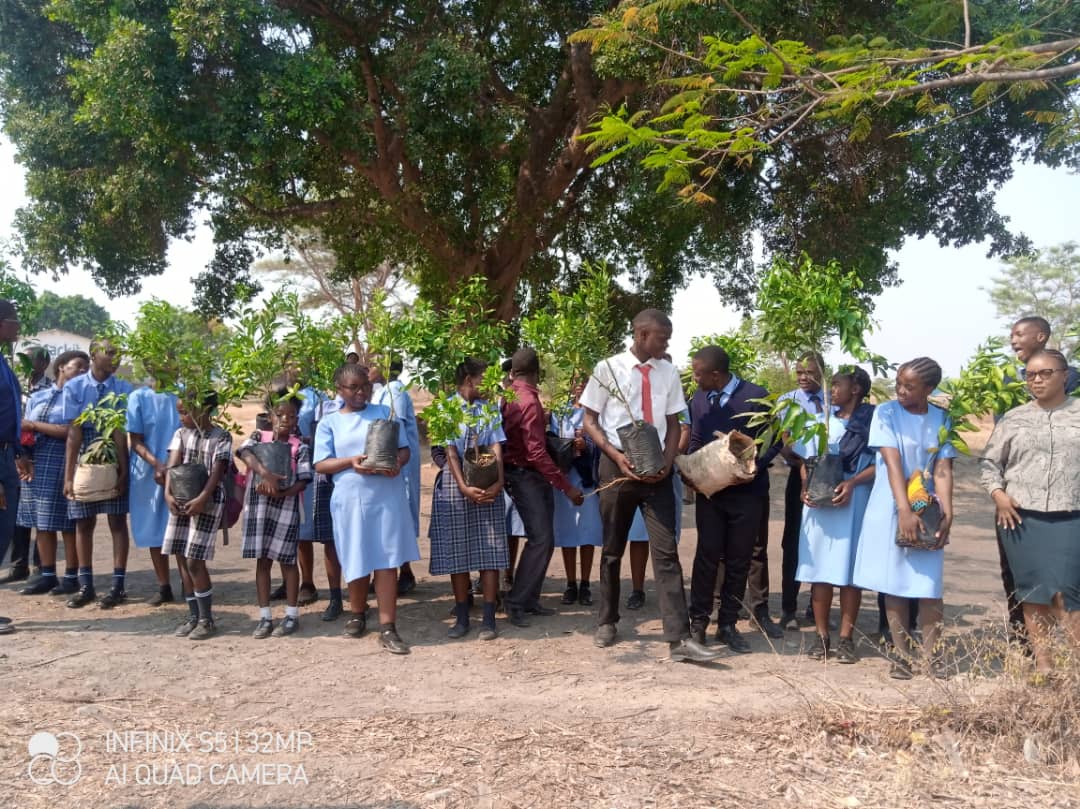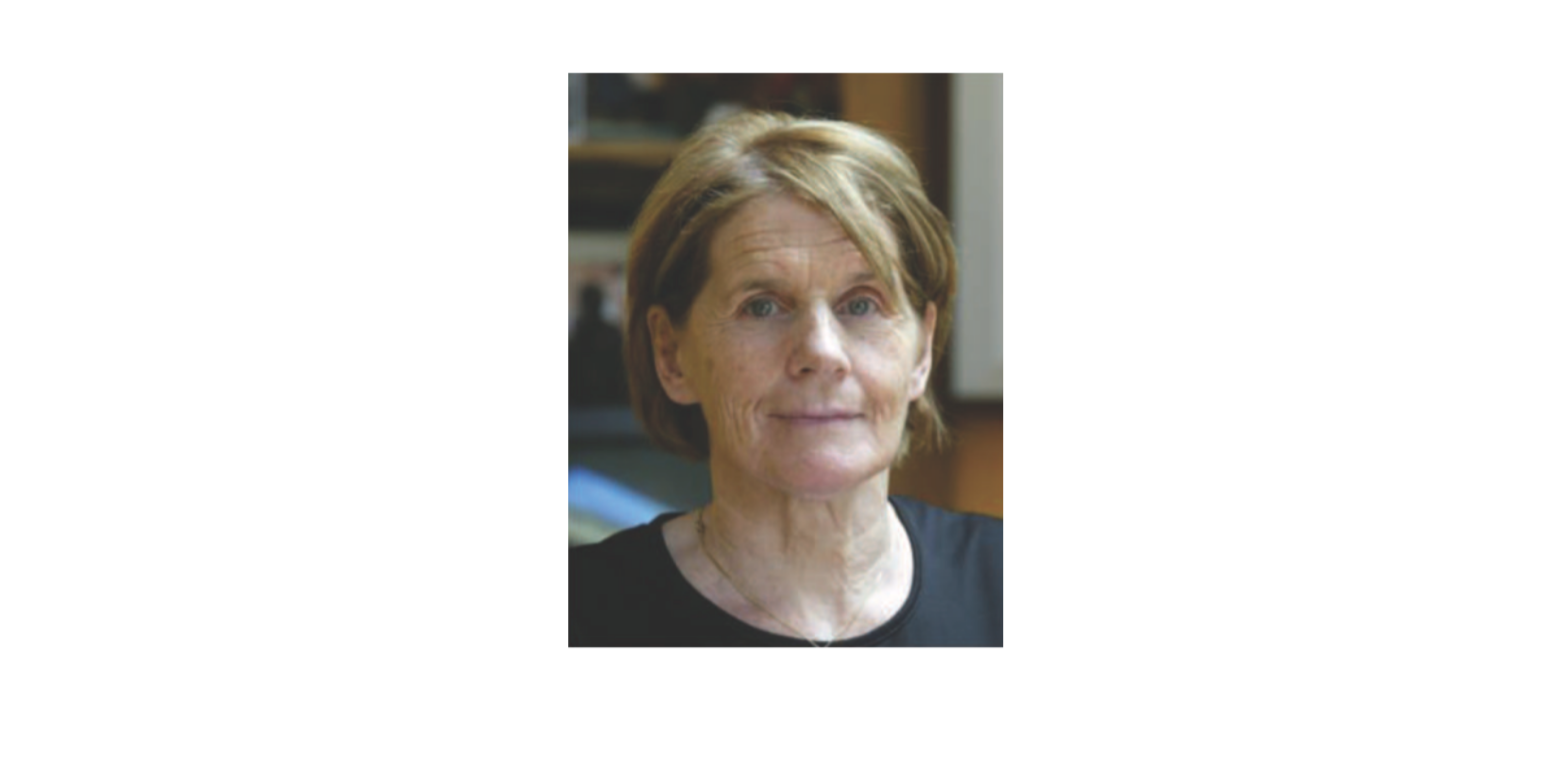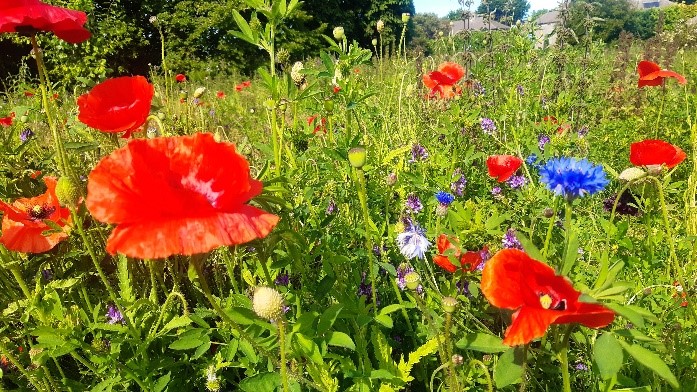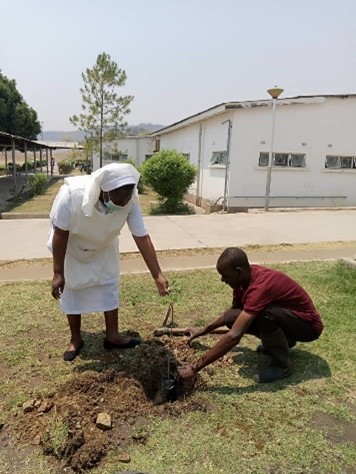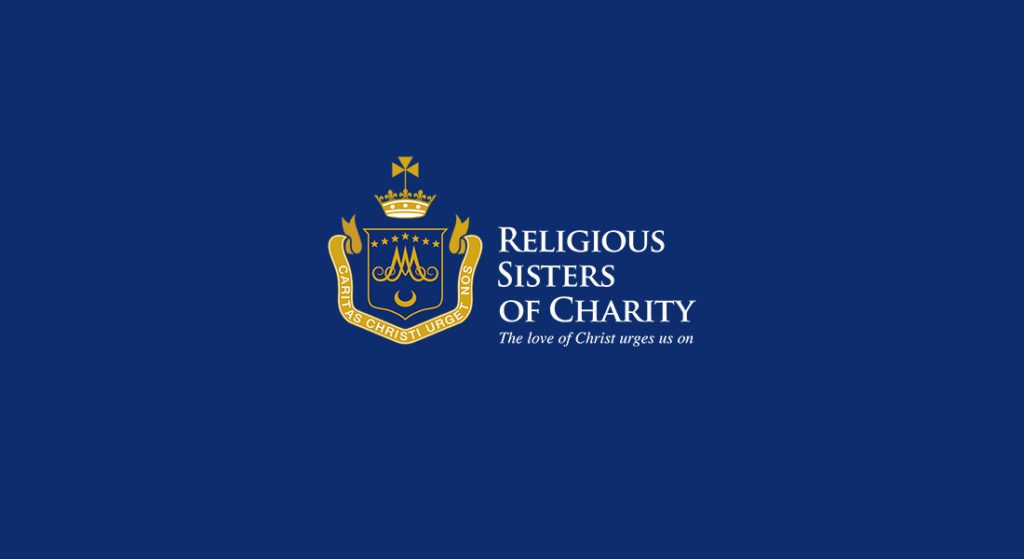
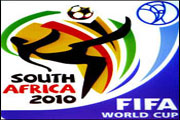 We are only less than 35 days away from the 2010 World Cup in South Africa which begins on June 11. The thought of the World Cup in Africa arouses great excitement and pride in most Africans. But there is also great anxiety because this big event brings with it the terrible possibility of increased human trafficking. This is especially true because South Africa is already a popular destination for this cruel crime.
We are only less than 35 days away from the 2010 World Cup in South Africa which begins on June 11. The thought of the World Cup in Africa arouses great excitement and pride in most Africans. But there is also great anxiety because this big event brings with it the terrible possibility of increased human trafficking. This is especially true because South Africa is already a popular destination for this cruel crime.
Reports on human trafficking indicate that about 800,000 people per year are trafficked across international borders and many more within individual countries. Traffickers make as much money as US $12 Billion per year. Despite these known facts, many people still ask; “Is human trafficking really happening?” The Jesuit Centre for Theological Reflection (JCTR) warns that human trafficking is indeed happening within our midst in Zambia. “This crime often sounds so remote to many of us because it is a hidden and a very sophisticated crime and this invisibility really puts many people at risk,” says, Sr. Kayula Lesa, JCTR Church Social Teaching Coordinator.
Human trafficking is the trade in people for the purpose of exploitation. Reports about Zambia in this regard are very worrying. Large numbers of women and children — especially female adolescents — are even now being trafficked within Zambia and across our borders to South African via Zimbabwe and to Europe via Malawi. “For many victims, this business is facilitated by the people they close to,” recounts Sr. Lesa, “with relatives, acquaintances, religious leaders and business people cheating them that there are greater opportunities elsewhere for the victims to improve their lives.”
In Southern Africa, trafficking for sexual exploitation is widespread. “Victims of such human trafficking are deprived of human dignity. This crime deeply offends God in whose image we are all made” says Sr. Lesa. Victims also lose a sense of self when they are subjected to physical and mental torture and exposed to health risks.
The JCTR believes that we can save others from this tragedy. Other organisations working to prevent this crime include International Organisation for Migration (IOM), the Sisters of Charity (RSCs), Women and Law in Southern Africa (WLSA). It is important to note that the Zambian Government has put an Anti-human Trafficking Law in place (September, 2008).
According to Sr. Lesa, Zambians can do a lot within the remaining days before the World Cup and beyond. These include:
1. Raising awareness: Victims tend to be those who have never heard of human trafficking. We have a duty to educate our families and people in our communities.
2. Praying for victims: We can dedicate a day of prayer for victims, especially on a Sunday close to the World Cup, and as we do this, we also raise awareness.
3. Promoting Government pro-poor policies: One important fact that fuels this crime is poverty. A search for a better life has landed many victims into the traffickers’ hands. It is important that we advocate for pro-poor policies and promote economic and social rights in our new Constitution.
4. Encouraging police action: We cooperate with the police in reporting cases that we suspect to be human trafficking. The police then can take an immediate role in seeing to it that these cases are acted upon.
[For more information, contact the Church Social Teaching Programme of the Jesuit Centre for Theological Reflection, P. O. Box 37774, Lusaka, Zambia; Tel: 260-211-290410;
fax: 260-211-290759; e-mail: cstjctr@jesuits.org.zm; internet: www.jctr.org.zm]
